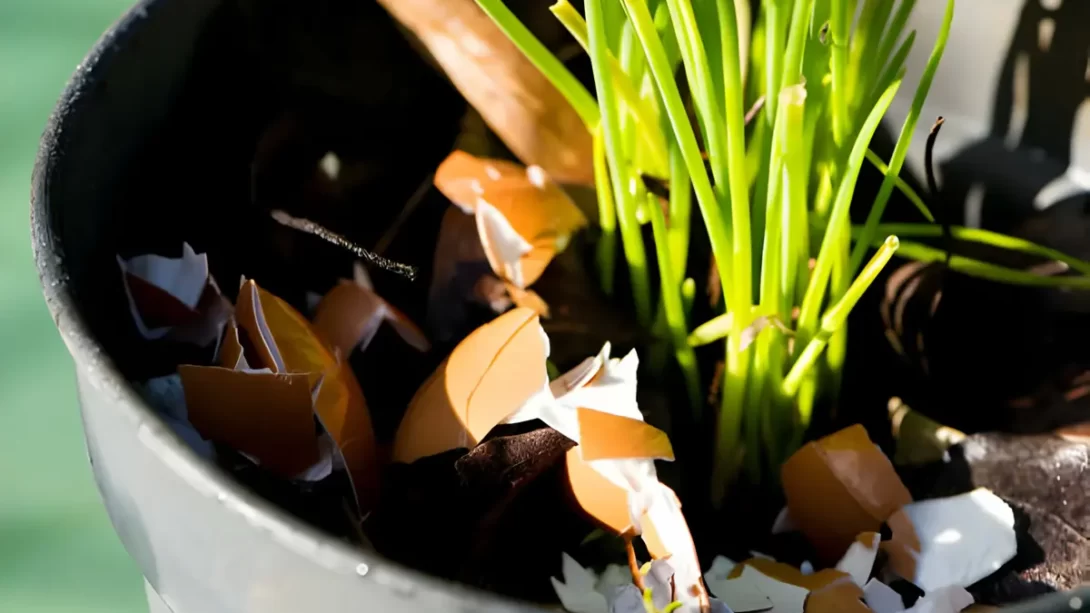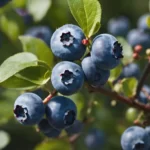Eggshells are a popular organic amendment in gardening circles, known for their calcium content and ease of availability. However, not all plants benefit from the addition of eggshells to their growing environment. This article aims to shed light on which plants might not respond well to eggshells and why, helping gardeners make informed decisions about their use.
The Basics of Eggshells in Gardening
Eggshells are primarily composed of calcium carbonate, a compound that can enrich soil with calcium, a vital nutrient for plant growth. Gardeners commonly use crushed or powdered eggshells as a soil amendment, adding them directly to the soil, or as part of compost. Eggshells are also touted for their role in deterring pests like slugs and snails and for reducing soil acidity slightly due to their alkaline nature.
The Soil pH and Calcium Levels
The pH level of soil plays a crucial role in plant health, influencing nutrient availability and root growth. Eggshells, being alkaline, can gradually raise the pH of the soil, making it more suitable for plants that prefer neutral to alkaline conditions. However, this shift in pH can be detrimental to plants that thrive in acidic soils. Additionally, while calcium is an essential nutrient, its excessive presence in the soil can lead to an imbalance in other nutrients, potentially harming some plants.
Plants Sensitive to Altered pH Levels
Certain plants have a distinct preference for acidic soil conditions and may not fare well in an environment where eggshells have raised the pH level. Acid-loving plants such as blueberries, azaleas, and rhododendrons prefer a soil pH typically below 6.0. The gradual increase in alkalinity caused by eggshells can lead to nutrient imbalances for these plants, manifesting in poor growth and leaf discoloration. Gardeners growing these species should be cautious in using eggshells or opt for more suitable soil amendments.
Plants That Dislike Excess Calcium
While calcium is a critical nutrient for plants, some species are sensitive to high levels of it in the soil. These plants can suffer from calcium-induced nutrient imbalances, where excess calcium competes with other essential nutrients like magnesium and potassium. For instance, certain types of beans may struggle in high-calcium soil due to their specific nutrient requirements. Tomatoes, although they need a fair amount of calcium to prevent blossom end rot, can suffer from issues like reduced potassium uptake when exposed to excessive calcium. Additionally, plants that require high levels of iron, such as gardenias and magnolias, may experience iron chlorosis in calcium-rich soils.
Alternative Soil Amendments for These Plants
For plants that do not respond well to eggshells, there are several alternative soil amendments and fertilizers. For acid-loving plants, organic matter like pine needles, peat moss, or sulfur can be used to lower soil pH. In contrast, for plants sensitive to high calcium levels, fertilizers with balanced N-P-K ratios and low calcium content are preferable. Compost, especially made from diverse organic materials, can provide a wide range of nutrients without significantly altering soil pH or calcium levels. Additionally, for iron-loving plants, chelated iron supplements can be a solution to counteract the effects of high calcium.
Tips for Testing and Adjusting Soil Composition
To tailor your gardening practices to the specific needs of your plants, it’s important to regularly test the soil composition. Simple soil testing kits available at garden centers can help you determine the pH and major nutrient levels in your soil. If the soil is too alkaline for your acid-loving plants, incorporating organic materials like composted leaves or pine bark can help lower the pH. Conversely, if calcium levels are too high, reducing the use of calcium-rich amendments and balancing the soil with comprehensive fertilizers can help. It’s also crucial to adjust watering practices, as overwatering can exacerbate nutrient imbalances in the soil.
Managing Soil Health for Sensitive Plants
Effective soil management is key when growing plants that are sensitive to changes in pH and nutrient levels. Regular monitoring and adjusting of soil conditions can prevent potential problems. For acid-loving plants, using rainwater instead of tap water can help maintain acidic soil conditions, as tap water is often slightly alkaline. Additionally, mulching with appropriate materials can not only regulate soil temperature and moisture but also gradually contribute to the desired soil pH and nutrient balance.
Implementing a Balanced Gardening Approach
A balanced approach to gardening involves understanding the specific needs of each plant and adjusting practices accordingly. This includes being cautious with the use of common amendments like eggshells. While they are beneficial for many plants, understanding their effects on soil chemistry is crucial. It’s important to remember that gardening is a continuous learning process, and observing the responses of different plants to various treatments is part of this journey.
Conclusion
Eggshells can be a valuable resource in the garden, but their use should be tailored to the needs of specific plants. Acid-loving plants and those sensitive to high calcium levels might not benefit from eggshell amendments. For these plants, alternative soil treatments and careful soil management can ensure healthy growth and flourishing. By understanding the unique requirements of each plant, gardeners can create diverse and thriving gardens. Remember, the key to successful gardening lies in adapting your practices to the specific needs of your plant collection, ensuring a harmonious and healthy garden ecosystem.



